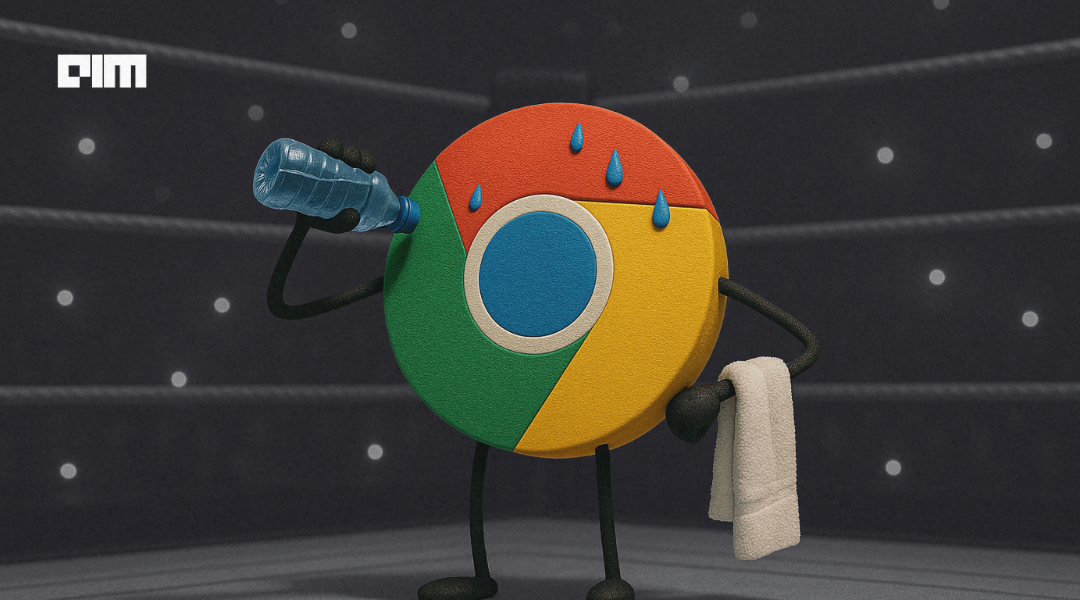In the late 1990s, Microsoft’s Internet Explorer crushed Netscape Navigator by bundling the browser with Windows and giving it away for free. Two decades later, Google Chrome pulled ahead with speed, extensibility, and better adherence to open web standards. Today, Chrome holds over two-thirds of the browser market. But a new front is opening up, around the potential impact of artificial intelligence.
Perplexity CEO Aravind Srinivas made the stakes clear on X: “I had reached out to Chrome a long time ago to offer Perplexity as a default search engine option. They refused. [So], we decided to build the Perplexity Comet browser.” The new AI arms race in browsers is about control over user data, something that underpins search, advertising, and increasingly, AI personalization.
A
New AI Browsers Want to Replace Chrome. It Won’t Be Easy
- By Mukundan Sivaraj
- Published on
Rivals like Purplexity's Comet, OpenAI's upcoming browser and Dia face an uphill battle














